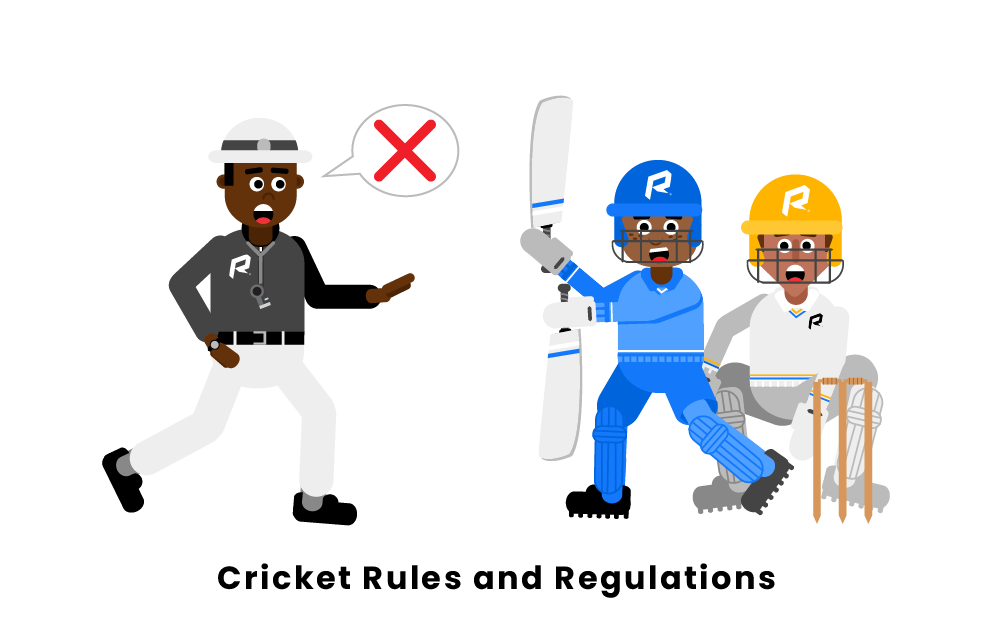
The 2010 Super 14 season began in February and ended on May 29. Each team played 13 rounds robin series against other teams, which resulted in three and half years of match play. This year's schedule had a record number and quality of referees. Merit Panel referees refereed at least eighty% of the games.
In terms of performance evaluation, studies utilised various indicators to measure performance, including turnovers, points scored, clean breaks, tackles made, kicks out of hand, and tries. These indicators were used to evaluate performance in both defensive and offensive situations. However, the majority focused on only attacking variables.
A few studies have shown that the winning teams are less likely to miss tackles. This could be due to rule changes favoring a defensive team during breakdown situations. Other variables that had a greater impact on success were higher average carrying metres, lineout success against the opposition ball and clean breaks.

Some studies found that point scoring was not related to the outcome of matches. However, these studies were based solely on national or lower-level competitions. The data did not include data on collective behaviour or other confounding elements. It is difficult to establish a relationship between point scoring and performance, and to draw conclusions about how important it is in rugby.
Another study examined the correlation between performance and tackle contest events. These are measures of defense. The study showed that tackles completed were more likely than not to result in the winner being successful. Although there were some inconclusive studies, these studies identified a positive correlation among points scored and turnovers.
K-modes cluster analytics was used to identify playing patterns like plays that follow lineouts or scrums. These patterns emerged from the physical constraints of the game, as well as self-organising interactions between players.
Pretoria's Bulls are the most consistent team in this tournament. They have won fourteen consecutive matches at home, and have been unbeaten in the tournament since they won the title in 2012. Their forwards are speedy and capable of burning out wide. Despite their record, however the Bulls haven’t performed to their potential and aren’t the right side to rescue an altitude slump.

The Hurricanes are a formidable side, but they still haven't shown their full potential. They will still lose in Christchurch. But they will have All Blacks centre Conrad Smith and test halfback Piri Weepu back, and the combination is a strong one.
The Cheetahs have a solid team but must overcome the loss to star forward Heinrich Brussouw. They're coached by Juan Smith and have not been as big of a name as the Stormers. However, they have performed better in recent times and should beat Sharks.
Although the Waratahs can be a strong side on their day they are looking for a win with bonus points. That should secure a place for the semi-finals.
FAQ
What are the benefits to extreme sports?
Participating in extreme sport has many health advantages. These are just some of the many health benefits that extreme sports offer.
-
Exercise helps you stay healthy. When you exercise, calories are burned. This also burns calories. So you look better.
-
Extreme sports teach you self-confidence. Extreme sports can make people feel better about themselves.
-
Extreme sports can be fun. It's hard to beat feeling happy and full of energy.
-
Extreme sports offer adventure. What could be better than experiencing something new? You never know what adventure you'll have.
-
Extreme sports are safe. No matter what sports you choose, they are safe.
-
Extreme sports can prove dangerous. Most extreme sports are safe if done correctly.
-
Extreme sports can be a great way to relax. It is important to find something you enjoy doing to relax.
-
Extreme sports build character. You develop courage, discipline, and perseverance as you gain confidence through extreme sports. These qualities are essential for everyday life.
-
Extreme sports make you stronger. The majority of extreme sports involve some form of physical activity. This increases your strength and endurance.
-
Extreme sports are good for your health. Fitness is essential for all. It can improve your quality of living.
-
Extreme Sports make for a great recreation option. You can spend quality time with family and friends by participating in extreme sports.
Who participates in the extremes?
Extreme sport is open to everyone, regardless of age or ability. Extreme sports appeal to children just as much as it does to adults.
You can play tag, dodgeball and capture the flag with younger children. You can also join a team and compete against other kids.
Adults are able to participate in both individual and team sports. There are many options to choose a team.
You will likely need to ask someone familiar with the process to help you start.
Do extreme sports need expensive equipment
Yes. Extreme sports equipment is expensive. Participants in extreme sports don't necessarily need to have a lot of cash.
Statistics
- Based on the degree of difficulty, the routine is scored on form and technique (50 percent), takeoff and height (20 percent), and landing (30 percent). (britannica.com)
- Nearly 40% of all mountain bikers have at least graduated from college. (momsteam.com)
- Landscaping and grounds-keeping— according to government labor statistics, about 18 out of 100,000 workers in the landscaping industry are killed on the job each year. (rosenfeldinjurylawyers.com)
- Boxing— 90% of boxers suffer brain damage over their careers, and this is not surprising in the least, considering that they are throwing punches at each other's heads. (rosenfeldinjurylawyers.com)
- Nearly 30% of all boardsailors live in the South, and more than 55% of all boardsailors live in cities with a population of more than two million people (momsteam.com)
External Links
How To
Can I learn windsurfing by myself?
Yes, you can!
Windsurfing can be learned at any age, from any place in the world. This can be accomplished in several ways: online courses, classes or joining a club. Windsurfing Schools UK allows you to search for courses in your area.
You must ensure that your body can handle windsurfing. Your body must be capable of basic movements, such as running, jumping, climbing stairs, or bending down, without pain. Windsurfing can make you feel sore if you are overweight. Once you've decided if you're physically ready to learn windsurfing you can decide which type of windsurfing equipment to use. Some people prefer to learn how windsurf with a traditional wooden sailboard. Others prefer to use a kiteboard. The choice depends on what kind of conditions you plan to practice in.
After you've decided on the type of windsurfing gear that you prefer, you can start to practice your new sport. Start off slowly by going upwind on flat water, and work your way towards waves. Strong winds can cause damage to your sails, so it is best to avoid them when you start out. After getting comfortable with sailing on flat water, it's possible to transition to choppy seas. You should be able to rescue yourself in case of an emergency before you attempt windsurfing in rough conditions.
You need patience and dedication to learn how windsurfing works. There are many books out there, but they are designed for beginners. These tips can help you to learn windsurfing.
-
Find a good teacher - A qualified instructor will be able to show you the ropes and give you advice on where to go next. Instructors charge a fee so ask around to find one in your area.
-
Learn how to read a map - Before heading out on your first lesson, study a topographical map of the area you intend to visit. This will allow you to identify safe areas to practice windsurfing.
-
Make sure to select the best equipment. Make sure to shop only with reputable companies and to read the warranty.
-
You should practice safely. For example, look for other boats, swimmers, rocks, and cliffs. Remember to always wear a safety jacket when windsurfing.
-
Have fun – Windsurfing can be fun.